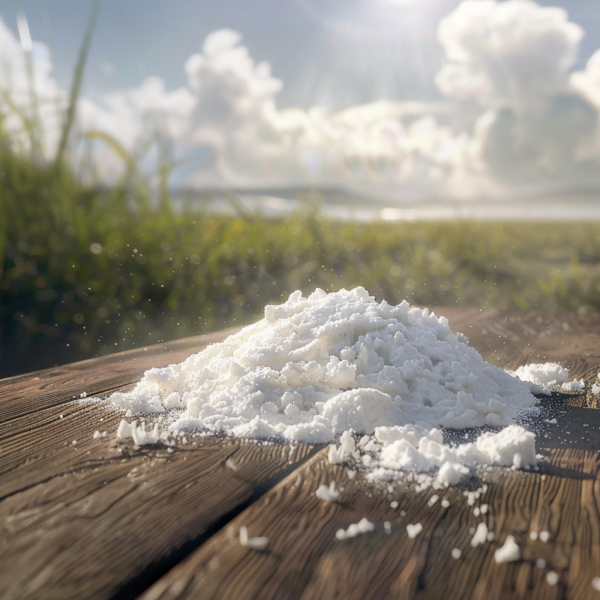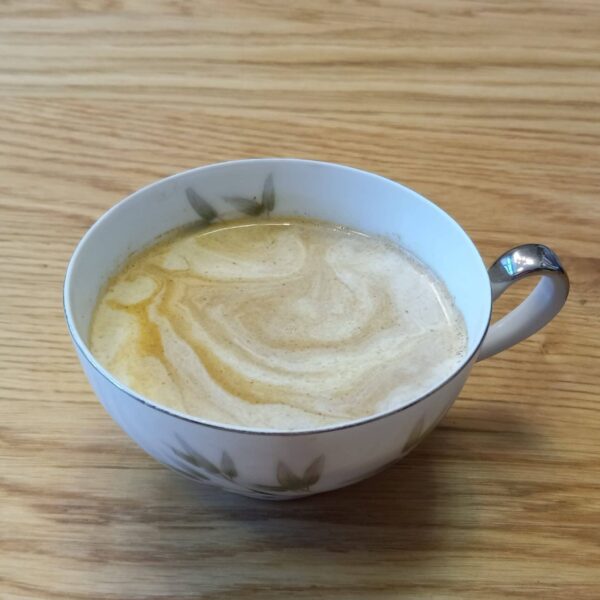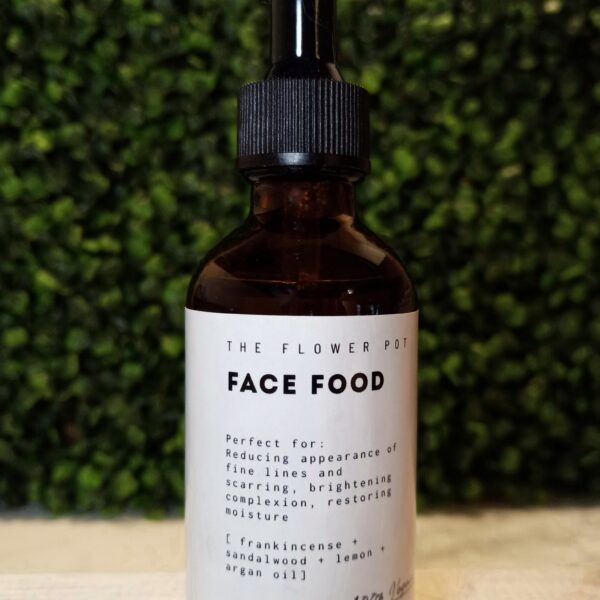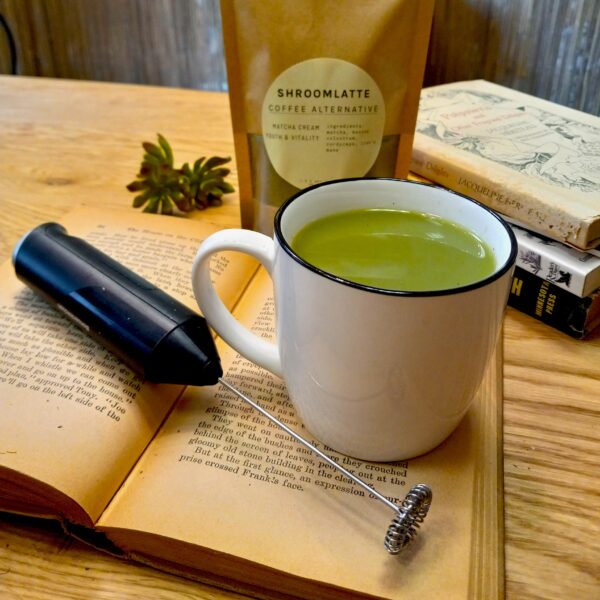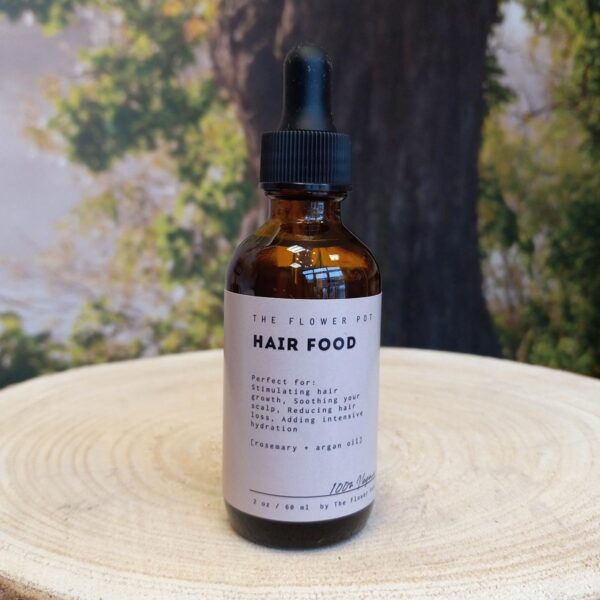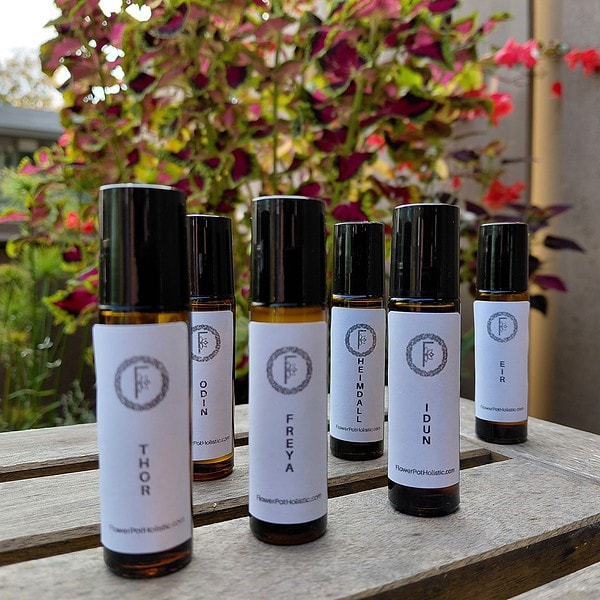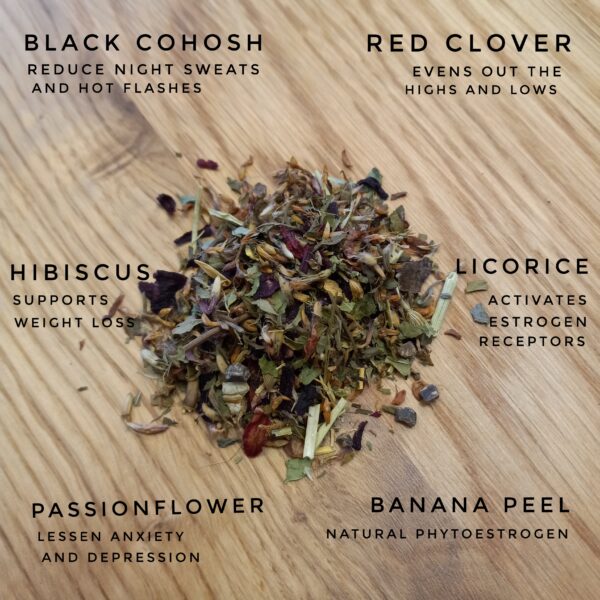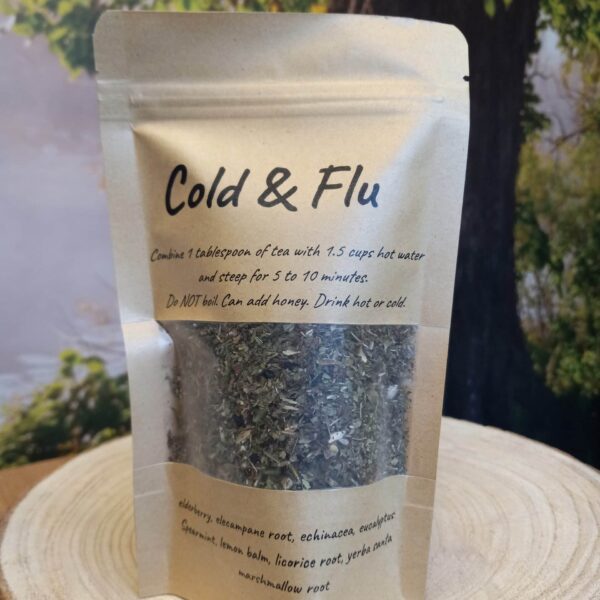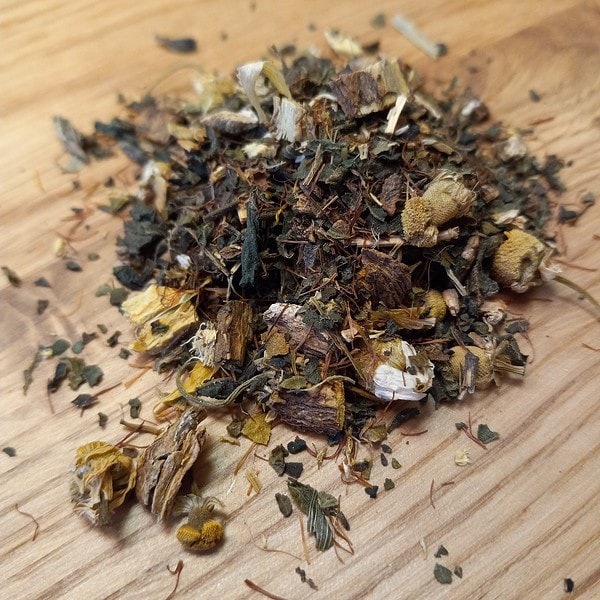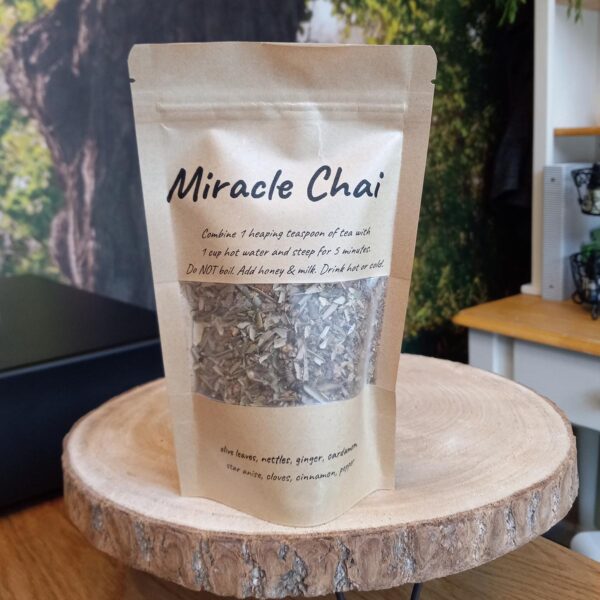Life can be a whirlwind, can’t it? Last weekend it was almost literally a whirlwind. Lately, I’ve felt physically run down and stressed out. Between juggling everyday demands and recent commitments – like a grueling festival where I was vending in hot weather and high winds, constantly battling to keep my tent together and products on display – I’ve been feeling the strain. (seriously, watch the video below – the wind was INSANE) It’s in these moments of overwhelm that we often seek a way to cope, to feel better, even for just a little while. And that’s where the distinction between self-soothing and self-care becomes so important.
What’s the Difference?
While both self-soothing and self-care aim to make us feel better, their fundamental approaches and long-term impacts are quite different.
Self-Soothing is about calming intense emotions in the moment. It’s often a knee-jerk reaction to distress, a way to quickly reduce discomfort. Think of it as putting a temporary bandage on a wound. It might feel good for a short period, providing immediate relief from stress, anxiety, or sadness.
Characteristics of Self-Soothing:
- Immediate Gratification: It provides quick comfort.
- Coping Mechanism: It helps you get through a difficult moment.
- Can Be Harmful or Helpful: It can range from healthy (like deep breathing) to less healthy (like excessive drinking or emotional eating).
- Doesn’t Address the Root Cause: It often numbs or distracts rather than solving the underlying issue.
Self-Care, on the other hand, is a more intentional and proactive practice of maintaining your physical, mental, and emotional health. It’s about nourishing yourself from a place of love and respect, building resilience, and setting yourself up for long-term well-being. It’s like building your immune system rather than just fighting off a cold.
Characteristics of Self-Care:
- Intentional & Proactive: It requires conscious effort and planning.
- Long-Term Benefits: It contributes to overall health and resilience.
- Addresses Deeper Needs: It replenishes your reserves and helps you thrive.
- Often Requires Effort: It might not always feel immediately pleasurable, but the benefits accrue over time.
Let me share how this played out for me recently. After an intensely stressful day at an event where thought my vending tent was going to be ripped apart and i spent 8 hours straight picking up my products from where the wind was throwing them, I could have flopped on the couch and drank a glass (ok, a bottle) of wine. That’s a classic example of self-soothing – a quick way to dull the edges of stress. But I chose a different path, I put on a short guided meditation podcast.
While this did sooth me, this leaned more into self-care. It calmed my nervous system without any negative side effects. I felt better, my stress level dropped – but even better I knew I’d be able to sleep well and not be hung over in the morning.
The next morning, before heading back out for another long day at the festival, knowing the heat and wind would be relentless AGAIN, I made myself my favorite matcha shroomlatte with adaptogens.
This wasn’t just about a tasty drink; it was a deliberate act of self-care. I was proactively nourishing my body and mind, giving myself the best possible start to face a demanding day.
And then there’s the surprising element of connection. I was facing hours of moving my tent to a more sheltered location and then setting up all my product again. It was daunting and I was in a time crunch. But amidst the chaos, I also helped another vendor set up their display. We ended up laughing together, sharing the absurdity of the situation.
Even though it was “more work,” that social connection was a powerful act of self-care. It replenished my emotional reserves and reminded me that I wasn’t alone.
Moving From Harmful Self-Soothing to Healthy Self-Care
We all have our go-to self-soothing behaviors. The key is to identify which ones are truly serving us and which might be creating more problems in the long run.
Harmful Self-Soothing Examples:
- Excessive Alcohol or Substance Use: Provides a temporary escape but can lead to addiction and other health problems.
- Emotional Eating: Using food to cope with feelings, often leading to guilt, shame, and physical discomfort.
- Endless Scrolling/Distraction: Mindlessly consuming social media or TV to avoid dealing with emotions, leading to wasted time and sometimes increased anxiety.
- Procrastination: Avoiding important tasks, which might feel good in the moment but increases stress later.
- Compulsive Shopping: A temporary high that can lead to financial stress and clutter.
Healthy Self-Care Alternatives:
Instead of reaching for those quick, often detrimental fixes, consider these self-care practices that genuinely nourish you:
- Instead of zoning out on the couch, try a gentle walk in nature, yoga, stretching, or dancing to your favorite music. Even 10-15 minutes can shift your mood.
- Instead of isolating yourself or endless social media doomscrolling, try calling a friend, sharing a meal with loved ones, joining a community group.
- Instead of mindlessly binge watching, try journaling, drawing, painting, playing a musical instrument, writing poetry, or even trying a new recipe. Creative expression is a powerful way to process emotions and tap into a different part of your brain.
- Instead of relying on stimulants, try establishing a consistent sleep schedule, creating a relaxing bedtime routine (warm bath, reading, gentle stretching), ensuring your bedroom is dark and cool, and listening to calming sounds. Adequate rest is foundational to all other forms of well-being.
The next time you feel the urge to soothe away stress with something that leaves you feeling worse later, pause. Ask yourself: “What do I need to build myself up right now?” It might be a minute of deep breathing, an early bedtime, or a powerful dose of adaptogens.
Join Our Mailing List!
Sign up and be the first to know about specials, promotions and our latest articles on health and wellness.
Cara Schulz
Cara Schulz, a cancer survivor and green tea lover, has opened The Flower Pot, a holistic wellness shop in Burnsville that offers products ranging from medicinal teas and wellness tonics and herbal tinctures.

